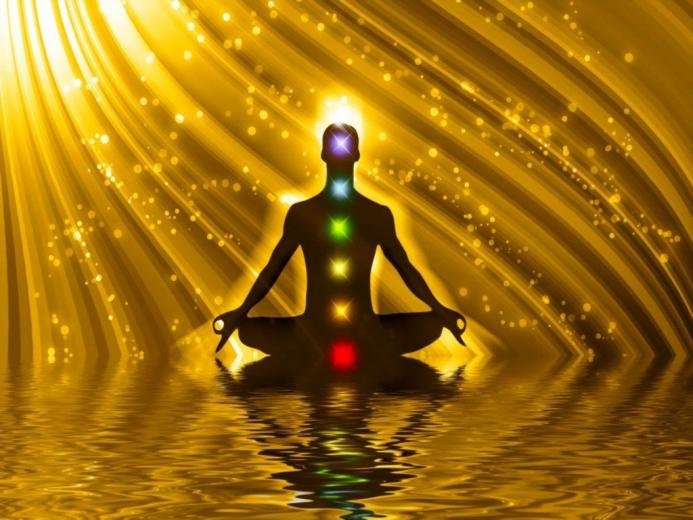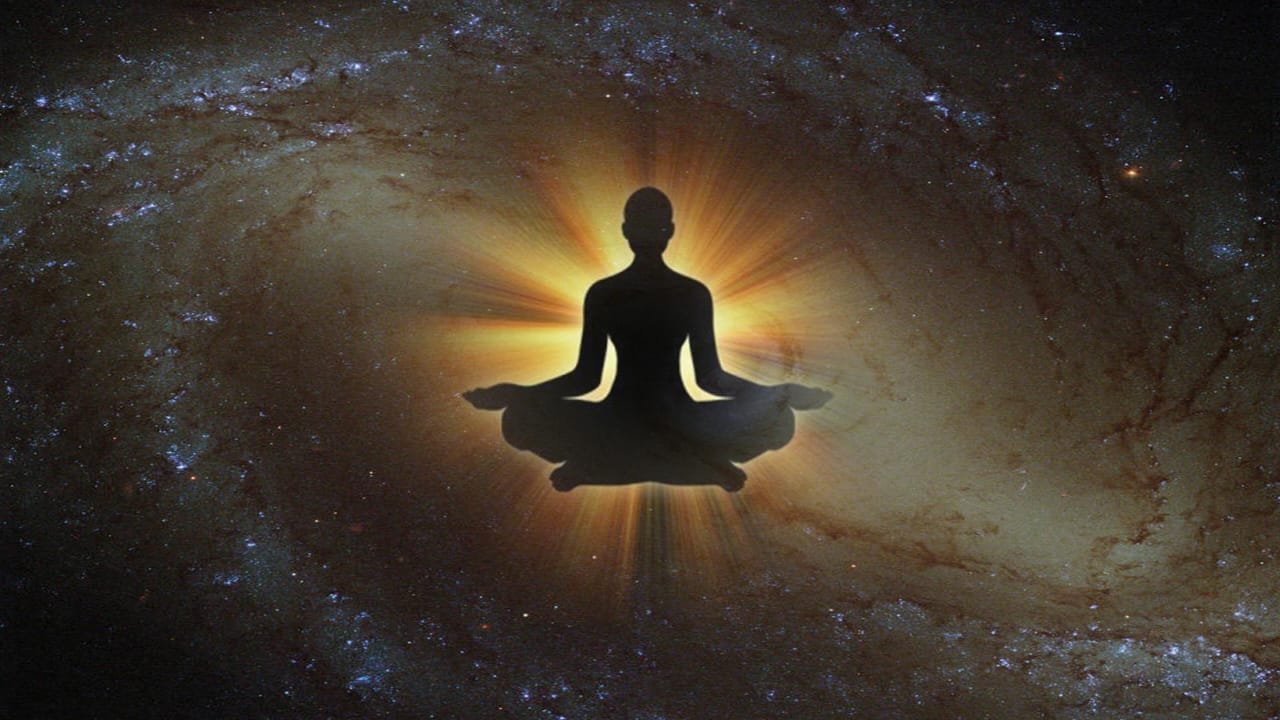Doctorate of Vedic Science (DVSc) in Mano Tantra Vidyā
Redefining Mental Health Through Vedic Psychological Sciences
Program Essence
Why This Program Matters
Mental health crisis are at the forefront of global challenges. Conventional therapies and pharmaceuticals may ease symptoms but rarely touch the deeper roots of the mind and consciousness field where true healing begins.
This doctoral program goes beyond surface treatment. It develops scholars into integrated thinkers, practitioners, and researchers who can innovate holistic mental health solutions by blending:
• Vedic psychology and yogic sciences
• Tantric methods of mind transformation
• Meditation, mantra, and breath-based therapies
• Modern neuroscience and clinical psychology
The result: a new generation of holistic mental health researchers and practitioners who can bring unique, consciousness-based healing to individuals, communities, and global society.

Program Highlights
• Research-Intensive Curriculum: Personalized mentoring to develop original dissertations that contribute to the science of mind and consciousness.
• Practical Application: Training in therapeutic tools—meditation, sound therapy, breath focused techniques, and ritual psychology for clinical and holistic settings.
• Prestigious Recognition: Graduates earn the title Vāchaspati in Mano Tantra Vidyā, symbolizing mastery in Vedic mental sciences.
Course Structure
• Foundational Wisdom – Exploration of Vedic and Yogic models of the mind, including Manas, Buddhi, Chitta, and Ahamkāra, alongside modern psychology.
• Applied Techniques – Training in mantra psychology, yogic meditation, prāṇāyāma, tantric ritual therapy, and their role in emotional regulation.
• Interdisciplinary Integration – Bridging research between ancient practices and modern findings in neuroscience, counseling, and consciousness studies.
• Doctoral Research (Dissertation) – Original scholarly contribution in Vedic psychology and mind sciences, leading to the awarding of the doctoral title.
Key Learning Outcomes
On completion, graduates will be able to:
• Address stress, depression, and anxiety through scientifically structured Vedic methods.
• Develop and publish original research linking spirituality, psychology, and therapy.
• Serve as scholars, mentors, and holistic counselors grounded in Vedic science.
• Establish centers of excellence, wellness programs, and educational initiatives in consciousness studies.
• Offer integrative models that reconnect traditional wisdom with modern therapeutic needs

Transformative Impact
This program is not only academic but personally transformative. Students practice what they research, living the disciplines of meditation, mantra, and breathwork leading to:
• Greater emotional balance and harmony in daily life.
• Enhanced mental clarity, resilience, and inner peace.
• Authentic experiential knowledge, which enriches their role as future mentors and therapists.
By addressing the root causes of suffering in the mind–consciousness field, graduates are uniquely positioned to bring lasting, holistic solutions to modern mental health.
Ideal Candidates
This program is not only academic but personally transformative. Students practice what they research, living the disciplines of meditation, mantra, and breathwork leading to:
The DVSc–MTV is designed for:
• Scholars and educators in psychology, philosophy, yoga, Ayurveda, or mind sciences.
• Practitioners and healers seeking doctoral-level recognition in Vedic approaches.
• Mental health professionals exploring consciousness-based therapies.
• Researchers passionate about combining spiritual insight with scientific rigor
Why Choose the Title Vāchaspati
Faqs
It is a doctoral-level program that combines ancient Vedic wisdom with modern psychology and neuroscience to address mental health challenges like stress, anxiety, and depression in a holistic way.
The program is ideal for scholars of philosophy, psychology, yoga, Ayurveda, or mind sciences; practitioners and healers seeking higher credentials; and mental health professionals who want to integrate spirituality with therapy.
The program is ideal for scholars of philosophy, psychology, yoga, Ayurveda, or mind sciences; practitioners and healers seeking higher credentials; and mental health professionals who want to integrate spirituality with therapy.
Graduates earn the title Vāchaspati in Mano Tantra Vidyā, symbolizing mastery of Vedic psychological sciences, equivalent in standing to a doctoral qualification with strong traditional roots.
The program typically spans 4 to 5 years, including foundational coursework, advanced practical training, and original doctoral research (dissertation).
No prior Sanskrit knowledge is required.
You will learn techniques such as mantra therapy, meditation, breathwork, sound healing, tantric ritual psychology, and how these complement modern counseling and therapeutic methods.
Graduates can become professors, researchers, holistic therapists, counselors, authors, or wellness center founders. They may also contribute to international mental health and consciousness-based well-being initiatives
Beyond academic training, the program emphasizes daily practice of meditation, mantra, and breathwork helping students achieve more emotional balance, inner peace, resilience, and clarity in their own lives.
